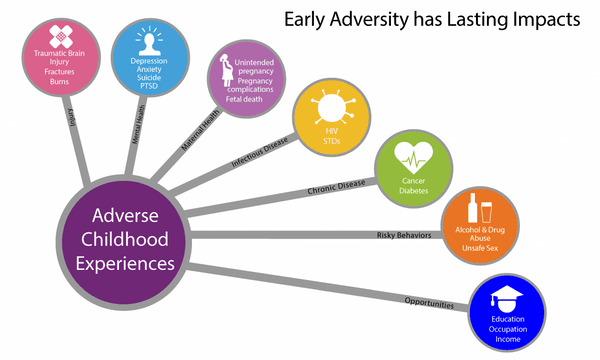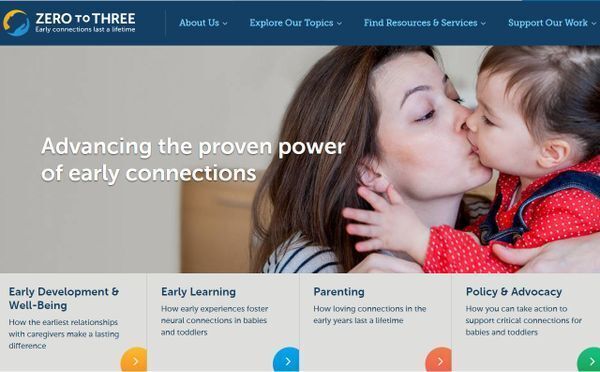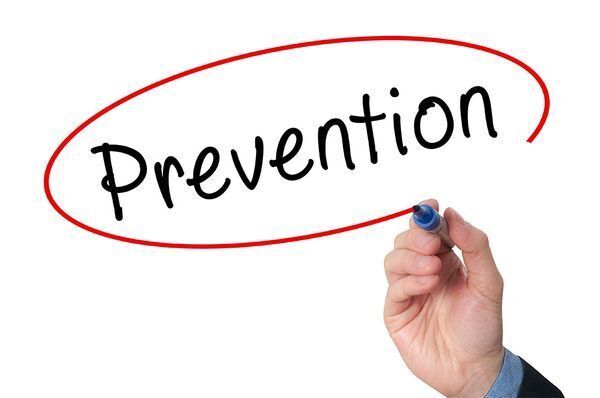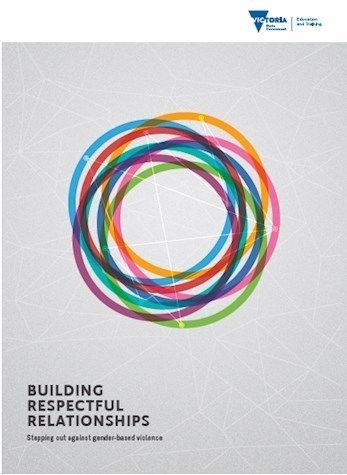-
ACEs can impact kids' health and well-being. They can have long-term effects on adult health and wellness. Their consequences can affect families, communities, and even society. Thankfully, ACEs are preventable. These trainings will help you understand, recognize, and prevent ACEs. Get the insights you need to create helthier, happier childhoods for kids today and bright futures for adults tomorrow.
-
Safe, stable, nurturing relationships and environments are essential to prevent child abuse and neglect and to assure all children reach their full potential. The Essentials for Childhood Framework proposes strategies communities can consider to promote relationships and environments that help children grow up to be healthy and productive citizens so that they, in turn, can build stronger and safer families and communities for their children.
The Essentials for Childhood Framework is intended for communities committed to the positive development of children and families, and specifically to the prevention of child abuse and neglect. The framework has four goal areas and suggests steps based on best available evidence to achieve each goal. While child abuse and neglect is a significant public health problem, it is also a preventable one. The steps suggested in the Essentials for Childhood Framework — along with your commitment to preventing child abuse and neglect—can help create neighborhoods, communities, and a world in which every child can thrive.
-
ZERO TO THREE works to ensure that babies and toddlers benefit from the family and community connections critical to their well-being and development. Healthy connections help build babies’ brains. Neuroscientists have documented that the earliest days, weeks and months of life are a period of unparalleled growth when trillions of brain cell connections are made. Research and clinical experience demonstrate that the earliest relationships and experiences a child has with parents and other caregivers dramatically influences brain development, social-emotional and cognitive skills, and future health and success in school and life.
Since 1977, ZERO TO THREE has advanced the proven power of nurturing relationships by transforming the science of early childhood into helpful resources, practical tools and responsive policies for millions of parents, professionals and policymakers.
-
Child development refers to the biological and psychological changes that occur in human beings between birth and adolescence, progressing from dependency to increasing autonomy. Although there are several models describing this progression, it is important to remember that children are individuals with varying levels of ability, and this must be taken into account in order to gain a fuller understanding of the experience of any one child. This online course by Kelly Wilt & Janine D’Anniballe for the NSVRC (2012) provides an overview of the neurobiological and psychological implications of sexually violent trauma and the information and skills necessary for victim service providers to provide trauma-informed services.
-
This "Guide to Being an Ally to Transgender and Nonbinary Youth", developed by the Trevor Project. is an introductory educational resource that covers a wide range of topics and best practices on how to support transgender and nonbinary people.
The guide includes:
- The difference between sex and gender
- Basics of gender — identity, expression, and perception
- Forms of address that show respect (names, pronouns, honorifics)
- Helpful tips to increase understanding
- Common mistakes and what to do if you’ve made one -
Building Respectful Relationships - stepping out against gender-based violence is a resource for Years 8-10, which is designed to be delivered in conjunction with the Resilience, Rights and Respectful Relationships resources. This resource is designed to address and prevent family violence, through the examination of topics around gender, power and respect.








